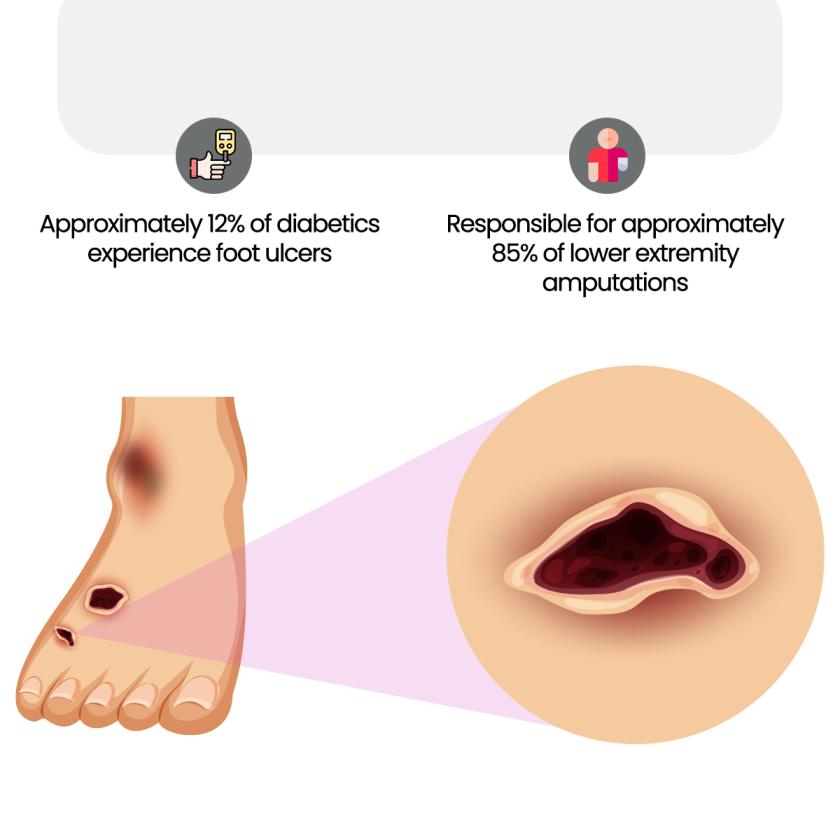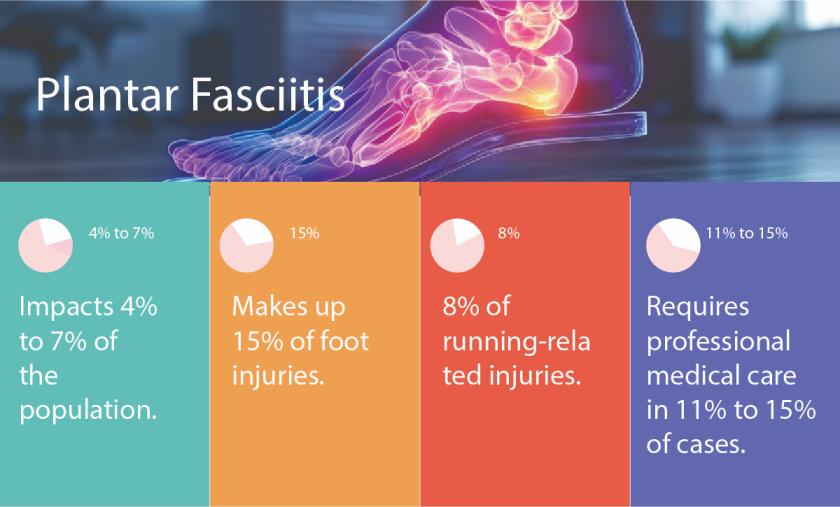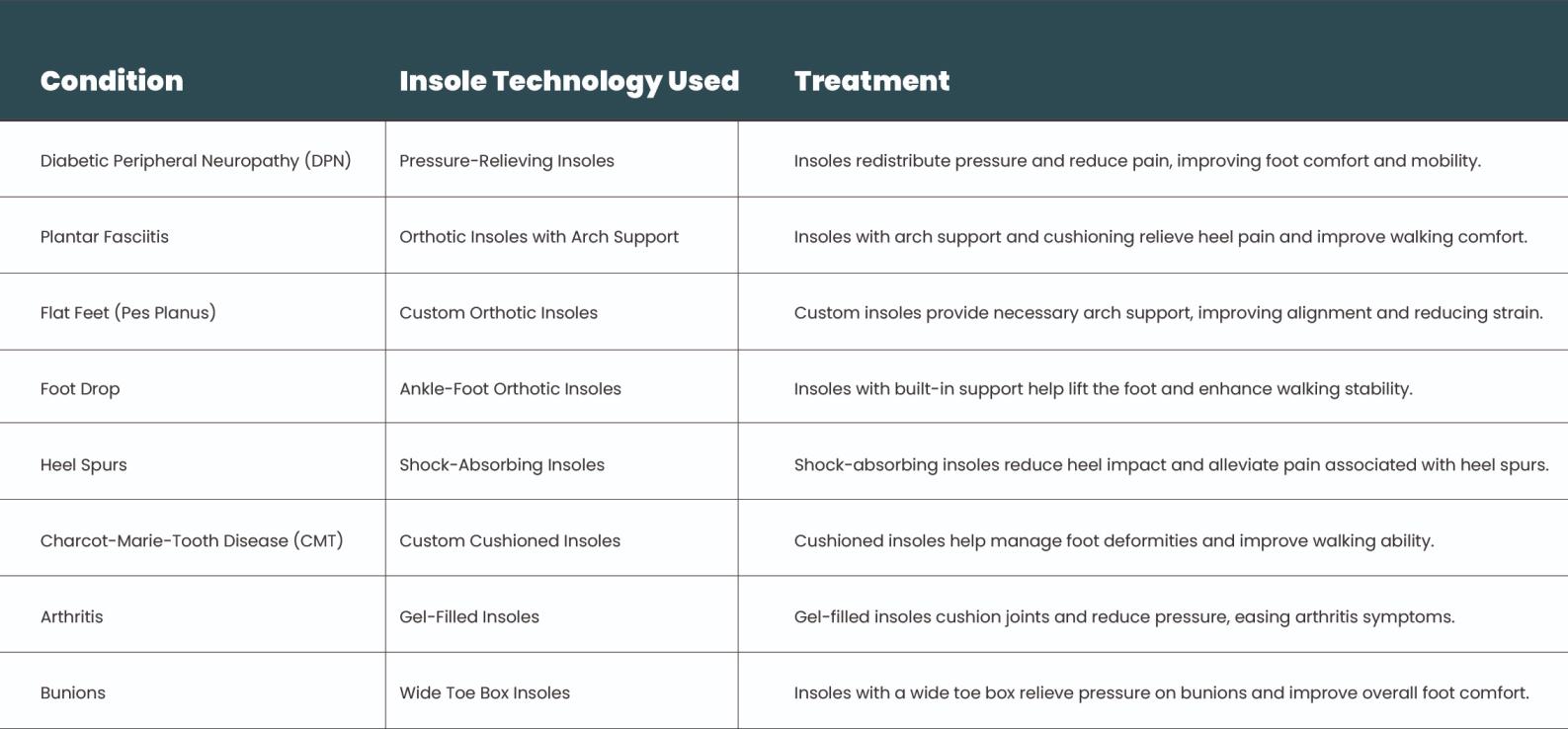Introduction
Shoe insoles have evolved from simple cushioning pads to advanced orthopedic solutions, reflecting advancements in materials science and biomechanics. Originally designed to provide basic comfort, modern insoles are crucial in supporting foot health, improving overall comfort, and enhancing athletic performance. The evolution of shoe insoles underscores their significant role in addressing various foot issues and optimizing shoe functionality. From their origins as basic cushioning tools, insoles have grown into sophisticated devices designed to address specific needs, including arch support, shock absorption, and foot alignment.
The evolution of shoe insoles reflects significant advancements in materials science and biomechanics, marking a notable shift from simple cushioning pads to advanced orthopedic solutions. Initially designed to offer basic comfort, modern insoles have become essential in the footwear industry for supporting foot health, enhancing overall comfort, and optimizing athletic performance. The industry's focus has transitioned from providing merely comfort to addressing specific foot issues and improving shoe functionality. Today’s insoles are sophisticated devices engineered to offer targeted solutions such as arch support, shock absorption, and foot alignment. This transformation highlights the growing market demand for specialized insoles that cater to individual needs, driven by a deeper understanding of foot biomechanics and a commitment to enhancing consumer well-being. The market has responded with a diverse range of products that integrate advanced technologies and materials, underscoring the significant role of insoles in both everyday footwear and athletic gear.
Upgrade your footwear with premium shoe insoles designed for ultimate comfort, support, and performance. Dive into the latest trends, innovations, and detailed market insights at Data Bridge Market Research. Learn how cutting-edge insoles can enhance foot health, boost comfort, and optimize performance across various activities.
To know more, visit https://www.databridgemarketresearch.com/reports/global-shoe-insoles-market
The Role of Shoe Insoles in Foot Health
Shoe insoles are designed to provide targeted support and comfort, addressing specific foot health needs. They are crafted from various materials, including foam, gel, and advanced polymers, which enhance cushioning and reduce impact stress. The design of insoles focuses on ergonomic support, aligning the foot properly within the shoe to prevent discomfort and injury. The increasing prevalence of foot-related issues, such as plantar fasciitis and flat feet, underscores the importance of high-quality insoles in managing these conditions effectively. With advancements in material technology and design, modern insoles offer enhanced durability, breathability, and customization options to cater to diverse needs.
Performance and Athletic Enhancements: Athletes and active individuals benefit from insoles designed to enhance performance and prevent injuries. High-performance insoles often feature advanced materials and designs that support foot arch, absorb impact, and improve stability. These insoles cater to various sports and activities, offering targeted support based on specific performance needs.
- In February 2024, Spenco, renowned for its premium footcare products, introduced the Golf Stability Insole, a new addition specifically designed for golfers. These are Spenco’s first golf-focused insoles, engineered to stabilize the feet during swings, enhancing shot consistency and accuracy. The insoles feature a Cobra heel, which ensures proper weight distribution and foot positioning during the backswing, while Lateral Friction pads provide stability during the downswing, improving ball striking precision
Infection Control and Hygiene: Insoles are increasingly designed with antimicrobial properties to maintain hygiene and prevent odor. Antimicrobial treatments and moisture-wicking materials help in reducing bacterial growth and keeping feet dry. Modern insoles incorporate advanced technology to address hygiene concerns effectively.
The global infection control market was valued at USD 49.10 million in 2023 and is expected to reach USD 71.44 million by 2031, growing at a CAGR of 4.80% from 2024 to 2031. The market reports provided by Data Bridge Market Research offer comprehensive insights into market dynamics, including market value, growth rate, segmentation, geographical distribution, and key players. Additionally, these reports feature in-depth expert analysis, patient epidemiology, pipeline analysis, pricing analysis, and an overview of the regulatory framework.
To know more, visit https://www.databridgemarketresearch.com/reports/global-infection-control-market
- In September 2022, Texon announced the launch of Ecostrobe, its inaugural insole crafted entirely from recycled materials. Utilizing recycled PET and a unique fusion-bonding process, Ecostrobe eliminates the need for chemicals and water, offering a groundbreaking option for footwear designers focused on sustainability while maintaining durability and performance. This innovative insole not only supports eco-friendly practices but also enhances foot health by reducing the risk of infections through improved moisture management and pressure relief.
Diversity and Functionality of Shoe Insoles across Various Applications
- Standard Shoe Insoles
Standard shoe insoles are designed to provide basic cushioning and support for everyday use. They are typically made from materials like foam or gel and are intended to enhance comfort and reduce foot fatigue. These insoles are widely used in various types of footwear, including casual shoes and work boots. They offer improved shock absorption and general foot support, making them suitable for general wear.
- Orthopedic Insoles
Orthopedic insoles are specialized devices designed to address specific foot conditions, such as plantar fasciitis, flat feet, or high arches. Similarly, orthopedic braces and supports serve a comparable purpose in providing targeted relief and improving function for various musculoskeletal issues. At the same time, insoles focus on foot-specific conditions, and orthopedic braces and support address broader issues, such as joint instability, posture correction, and rehabilitation of injured or weakened areas. Crafted from advanced materials and featuring tailored support, these insoles are recommended by healthcare professionals to alleviate chronic foot pain and address structural abnormalities. Together, both insoles and braces work synergistically to enhance overall musculoskeletal health, offering comprehensive solutions for pain management, improved function, and better quality of life.
Discover the latest advancements in orthopedic braces and supports to enhance mobility, manage pain, and support recovery. Explore comprehensive market insights, trends, and innovative solutions to meet your orthopedic needs. Visit Data Bridge Market Research for detailed analysis and to find the best options for improving your musculoskeletal health.
To know more about the study, https://www.databridgemarketresearch.com/reports/global-orthopedic-braces-and-supports-market
- Performance Insoles
Performance insoles are designed for athletes and active individuals who require enhanced support and cushioning during physical activities. These insoles incorporate advanced technologies, such as dynamic cushioning and stability features, to improve performance and reduce the risk of injuries. They are tailored for specific sports and activities, offering benefits such as shock absorption, arch support, and improved traction.
Managing Pain and Enhancing Mobility
Diabetic Neuropathy: Diabetic neuropathy, a frequent complication of diabetes, can lead to numbness, pain, and weakness in the feet, significantly raising the risk of foot ulcers and deformities. To manage these risks, shoe insoles that provide extra cushioning and pressure relief are crucial for alleviating discomfort, preventing ulcers, and enhancing walking stability.
According to the Journal of Foot and Ankle Research, foot ulcers are a common complication of diabetes, resulting from peripheral neuropathy, peripheral vascular disease, limited joint mobility, and foot deformities. Around 34% of individuals with diabetes will develop a foot ulcer during their lifetime, which can lead to infection and, in severe cases, amputation, with diabetes being the primary cause of non-traumatic lower limb amputations. Therefore, the design of footwear and insoles is crucial in mitigating the risk of neuropathic plantar forefoot ulcers in diabetic individuals.
Similarly, diabetes care devices, such as glucose monitors and insulin pumps, play an essential role in managing diabetes effectively by monitoring blood sugar levels and administering insulin. Both shoe insoles and diabetes care devices contribute to comprehensive diabetes management, improving overall foot health and quality of life for individuals living with diabetes.
Enhance your diabetes management with the latest advancements in diabetes care devices. Explore cutting-edge solutions designed to monitor, manage, and improve your health effectively. Discover comprehensive insights and innovations in the Diabetes Care Devices market at Data Bridge Market Research. Stay ahead with state-of-the-art technology that supports your journey to better health and optimal diabetes control.
To know more about the study, https://www.databridgemarketresearch.com/reports/global-diabetes-care-devices-market
Plantar Fasciitis: This condition involves inflammation of the plantar fascia, a band of tissue that runs along the bottom of the foot, causing heel pain. Plantar fasciitis is the leading cause of heel pain, affecting 4% to 7% of the population. It is most common in individuals aged 40 to 60, representing 15% of all foot injuries. Furthermore, 83% of those affected are active working adults between 25 and 65 years old. Insoles with arch support and cushioning can alleviate strain on the plantar fascia, reducing pain and improving walking comfort.
Flat Feet: Flatfoot is a condition where the arch of the foot is flattened, causing the entire sole to almost fully touch the ground. Approximately 20-30% of the population has flat feet due to the arches not developing properly during growth. Orthotic insoles designed with enhanced arch support can help distribute weight more evenly across the feet, improving alignment and reducing pain. These insoles can enhance walking ability and overall comfort for individuals with flat feet.
Achilles Tendinitis: Achilles tendinitis involves inflammation of the Achilles tendon, which connects the calf muscles to the heel bone, causing pain and stiffness in the back of the heel. Insoles with specialized heel cushioning and support can help alleviate strain on the Achilles tendon by absorbing shock and providing additional support. These insoles can alleviate pain, enhance comfort, and improve overall movement.
Explore the latest advancements in the Global Tendinitis Treatment Market. Discover innovative solutions and therapies designed to effectively manage and alleviate tendinitis symptoms. Stay ahead in the market with comprehensive insights and cutting-edge treatment options.
To know more about the study, https://www.databridgemarketresearch.com/reports/global-tendinitis-treatment-market
Metatarsalgia: Metatarsalgia is characterized by pain in the ball of the foot, often caused by excessive pressure, improper foot mechanics, or underlying foot conditions. Insoles equipped with metatarsal pads are designed to relieve pressure on the forefoot by redistributing weight more evenly. These insoles can help decrease pain, improve walking comfort, and support overall foot health.
Bunions (Hallux Valgus): Bunions, which are bony bumps forming at the base of the big toe, can lead to pain and deformity. Specialized insoles can alleviate discomfort by redistributing pressure and offering extra cushioning, thereby improving foot alignment. This is particularly significant given that, according to a National Foot Health Assessment, around 18 million American women and 4 million men experience bunions each year.
Conclusion: The Advancing Landscape of Shoe Insoles in Comfort and Performance
Shoe insoles are a vital intervention for managing various foot-related conditions and improving mobility. The market for shoe insoles continues to advance, establishing itself as a critical element in footwear comfort, health, and performance. Shoe insoles are more than just cushioning; they represent a fusion of innovation, functionality, and targeted support essential for enhancing foot health and overall well-being. With advancements in materials and design continuing, insoles are becoming indispensable in addressing a range of foot-related issues, from chronic conditions like plantar fasciitis to performance enhancement for athletes. The development of specialized insoles, such as those designed for specific sports or medical conditions, highlights their growing versatility and importance in both daily life and professional settings. With their ability to improve comfort, support foot alignment, and prevent injuries, modern shoe insoles are set to play a vital role in the ongoing evolution of footwear solutions.












